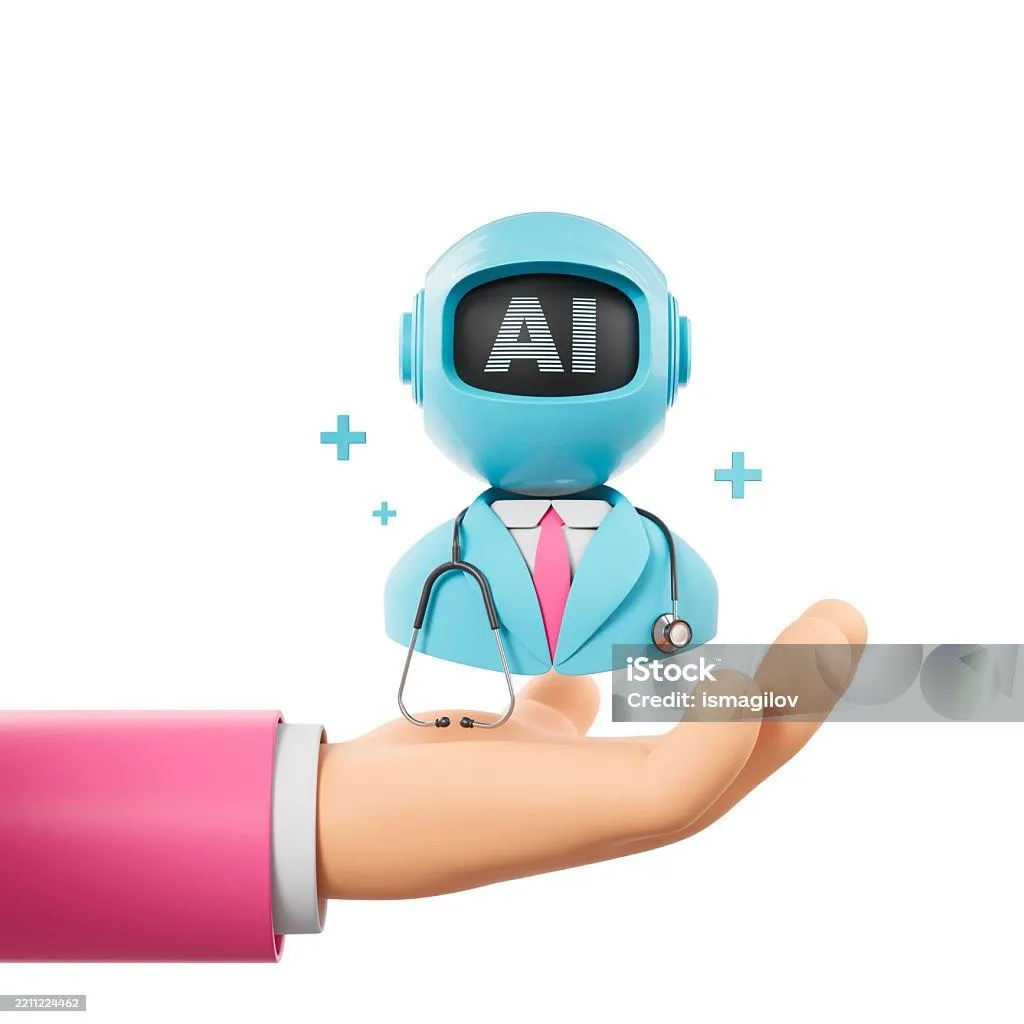
How an AI Agent for Hospitals Is Reducing No-Shows and Boosting Revenue

How an AI Agent for Hospitals Is Reducing No-Shows and Boosting Revenue
Missed appointments have long been one of the most costly inefficiencies in outpatient healthcare. For U.S. clinics, no-shows don’t just mean lost revenue—they disrupt provider schedules, lead to underutilized resources, and affect the continuity of patient care.
But a new solution is changing that: AI agents for hospitals and AI receptionists for booking appointments with doctors are transforming how clinics manage patient scheduling. These intelligent systems don’t just remind patients—they predict behavior, personalize outreach, and fill last-minute gaps in real time.
In this article, we’ll break down how AI-driven scheduling is solving a 30-year-old problem and why adopting it now could be a game-changer for your clinic.
Why Patient No-Shows Still Hurt Clinics
Across U.S. medical practices, the average no-show rate ranges from 15% to 30%, depending on location and specialty. For a clinic with 20 appointments daily, this can mean 4–6 missed visits—equating to tens of thousands of dollars in lost revenue each month.
Beyond financial strain, no-shows lead to:
• Wasted clinical staff time
• Longer wait times for patients who need care
• Empty exam rooms and inefficient workflows
• Gaps in treatment continuity
Traditional reminder calls or calendar invites have only limited impact. That’s where AI scheduling solutions come in.
How an AI Receptionist Predicts No-Shows Before They Happen
Modern AI scheduling tools act like an always-on assistant—or more accurately, a smart AI receptionist for booking appointments with doctors. These tools analyze multiple data points to predict whether a patient is likely to miss an appointment. These include:
• Past attendance history
• Appointment type, day, and time
• Weather conditions
• Local transportation trends
• Socioeconomic and insurance data
The system then assigns a no-show risk score to each appointment. This helps front-desk staff take preemptive steps, such as:
• Offering telehealth for high-risk patients
• Overbooking strategic time slots
• Sending customized reminders
Case in point: A dermatology clinic in Dallas used an AI agent to flag high-risk slots. With simple staffing adjustments, they saw a 28% drop in no-shows within three months.
Smart, Behavior-Based Reminders That Actually Work
Unlike static reminders, AI-driven systems adapt to individual patient behavior. A modern AI agent for hospitals doesn’t just send a generic text the night before—it optimizes communication based on each patient’s habits.
Here’s how:
• Sends messages at times when the patient is most likely to respond
• Chooses communication channels (SMS, email, voice) based on user preference
• Offers rescheduling links when confirmation is delayed
• Enables two-way messaging or chatbots for quick patient replies
These AI tools learn over time—just like Netflix recommends shows, they recommend the best way to reach each patient.
Clinics using these smart reminder systems report 20–45% improvements in attendance, especially in primary care and behavioral health settings.
Real Results: Higher Efficiency, Lower Costs
The impact of using an AI receptionist for booking appointments with doctors is measurable—and impressive.

These results translate into better patient access, more predictable income, and more efficient staff usage—all without expanding clinic hours.
Getting Started: AI Tools Are Easier Than You Think
You don’t need to overhaul your entire tech stack to benefit from AI scheduling. Today’s leading tools are:
• Cloud-based and compatible with major EHRs
• Available as plug-and-play modules or standalone systems
• Backed by vendor support and training
• Scalable for single clinics or multi-location practices
Quick win tip: Start by deploying AI-powered reminders. Once your staff sees the impact, you can gradually roll out predictive scheduling and overbooking features.
Conclusion: AI Is Reshaping Outpatient Scheduling
No-shows were once seen as inevitable. But with AI scheduling tools—especially AI agents for hospitals and AI receptionists for booking appointments with doctors—clinics can forecast, prevent, and respond to missed appointments before they happen.
In a time when operational efficiency is more important than ever, adopting AI-powered scheduling is not just a tech upgrade, it’s a competitive advantage.
Want to learn how your clinic can get started with AI scheduling? Contact us today or explore solutions tailored to your practice needs.